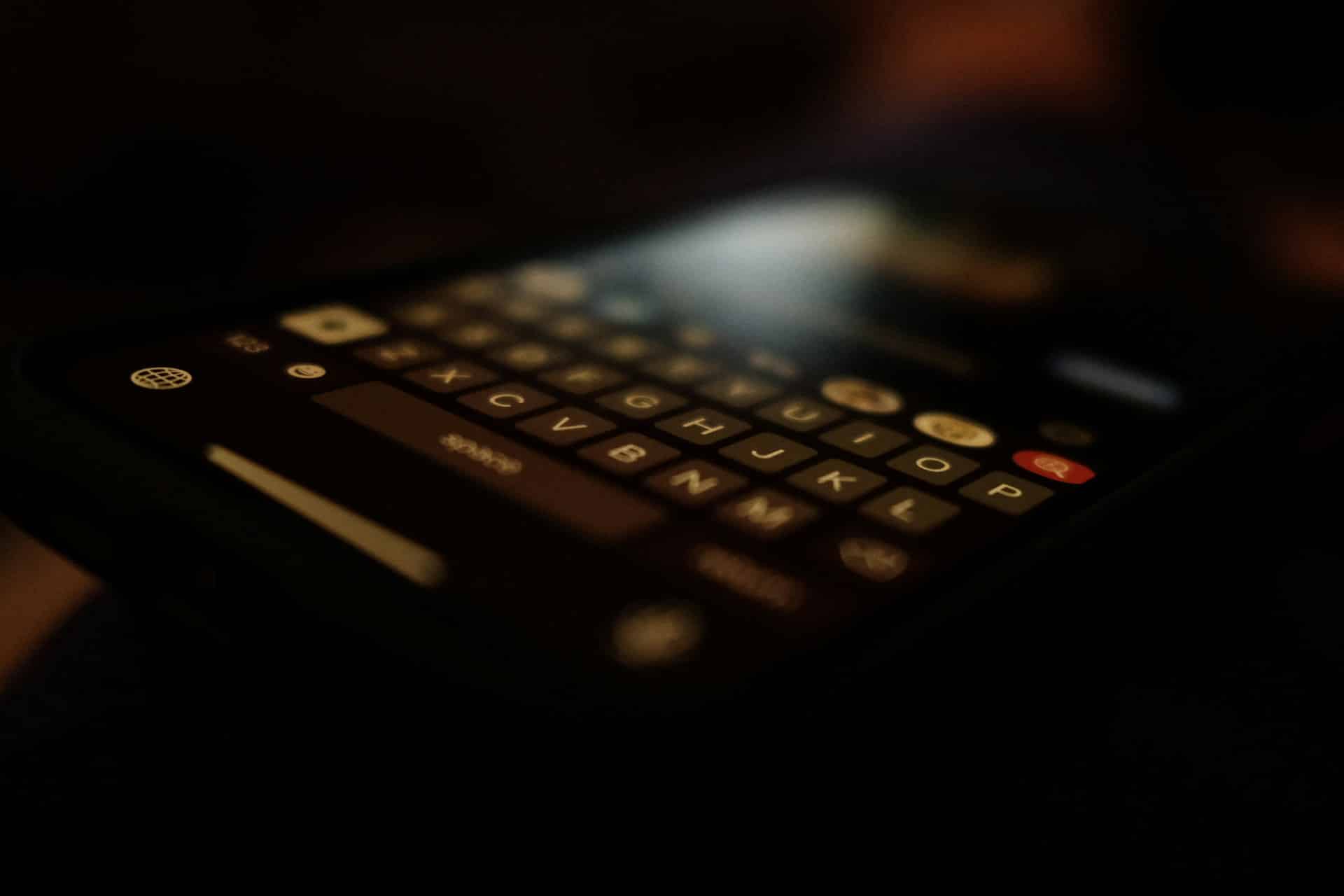U.S. Customs & Border Protection (CBP) officers have the authority to search electronic devices of any international traveler entering or leaving the United States, including U.S. citizens. This means that your phone, laptop, or camera could be checked by CBP officers. Although these searches are rare, they can happen, and there have been cases where people with valid work visas were detained or removed from the U.S. based on information found on their devices.
Key Tips for Travelers
Think Before You Pack: Consider whether you really need to bring your electronic devices on your trip. If your device contains sensitive or private information, think about storing it in the Cloud instead of on the device itself.
Be Mindful of Your Data: Treat the data on your device like the items in your luggage. Only keep information on your device that you would be comfortable showing to a U.S. government official. Remember, even deleted files can be accessed.
Social Media Awareness: Be cautious about what you post online. Avoid sharing anything you wouldn’t want a government official to see.
Know Your Rights: You are not required to unlock your device or provide passwords, but CBP can hold your device for several days to try and unlock it. International travelers do not have the right to a lawyer at the border. If you feel your rights have been violated, document the incident and contact an immigration lawyer.
Devices and Digital Content
CBP can search devices like phones, computers, and cameras to check for potential security threats or visa fraud. For example, if an artist claims to visit the U.S. for a workshop but has photos of artwork with prices on their phone, CBP might suspect they intend to work illegally in the U.S. without a proper visa.
Types of Searches
Basic Search: The officer checks the device without any special tools.
Advanced Search: The officer uses special equipment to access and analyze the device’s data. This requires a reasonable suspicion of illegal activity or a national security concern and must be approved by a senior CBP manager.
Data Access: CBP can only access data stored on the device itself, not data stored in the Cloud. They will ask you to disable network connections to ensure this.
Traveler Rights
The Fourth Amendment protects against unreasonable searches, but CBP searches at the border are considered reasonable and do not require a warrant. While there are some limits to CBP’s authority, these are not clearly defined by the courts. Travelers should assume that CBP can search their devices with few restrictions.
Refusing Access: If you refuse to unlock your device, CBP can hold it for up to 15 days, or longer if it’s part of an investigation. Foreign nationals might be denied entry, while U.S. citizens will not be denied entry but may have their devices confiscated.
Protected Information: If your device contains information protected by attorney-client privilege, inform the officer, who should then consult legal counsel before proceeding.
Filing Complaints: If you have concerns about a search, you can file a complaint through the Department of Homeland Security Travel Redress Inquiry Program (TRIP) at DHS TRIP.



